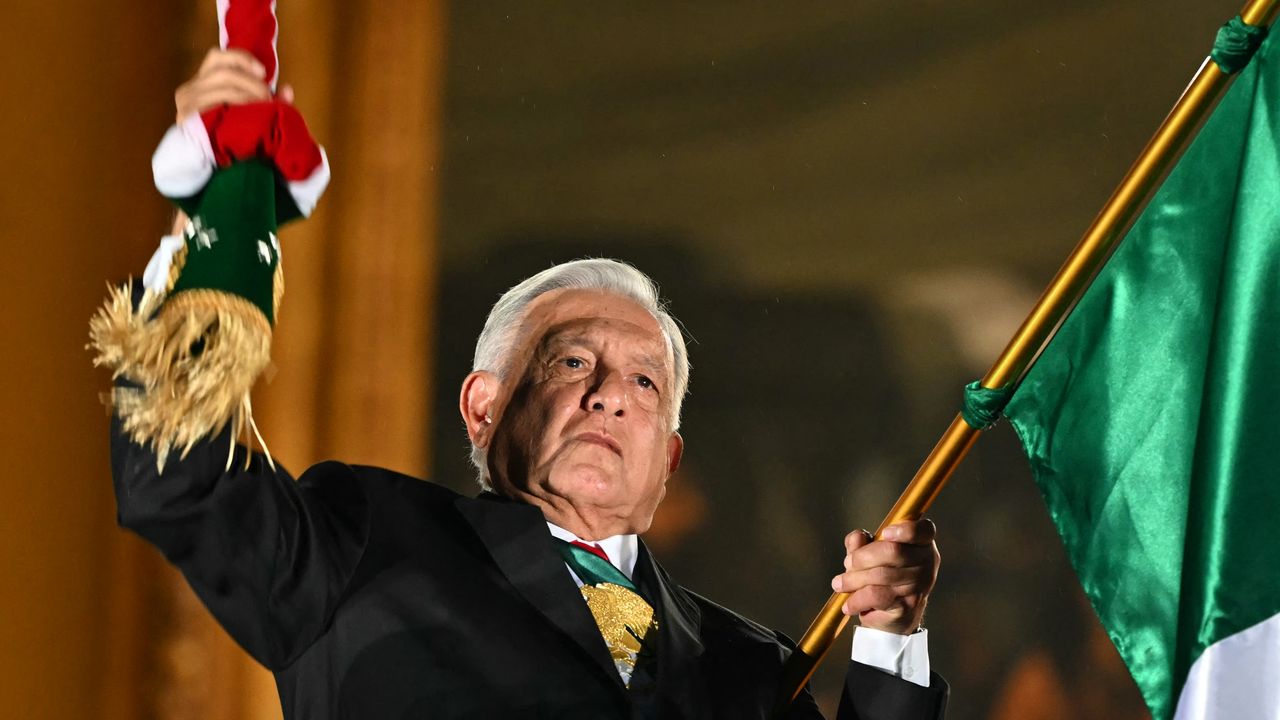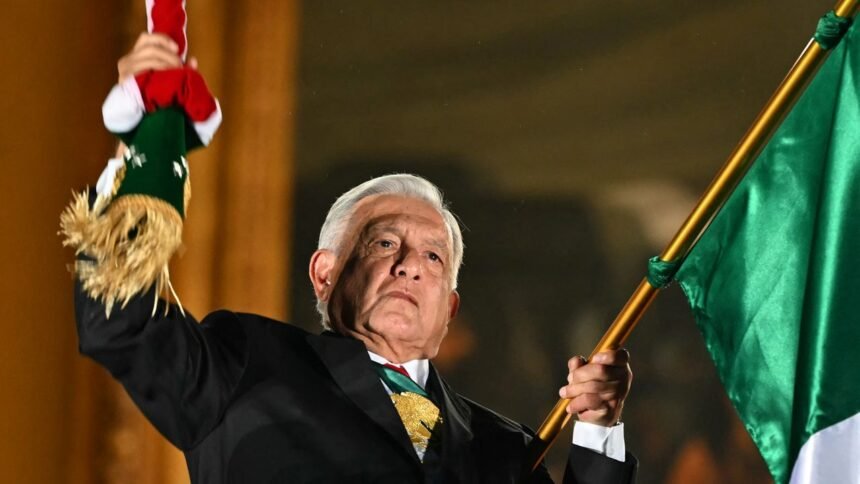
Outgoing Mexican President Andrés Manuel López Obrador on Sunday signed an overhaul of the country’s judicial system that critics warn will weaken democracy.
Why it matters: López Obrador says the constitutional reform, which includes making judges elected officials instead of appointees, would tackle corruption in the justice system and reduce high rates of unprosecuted crimes. Justice workers say it will only weaken checks and balances in the courts.
State of play: Despite large protests and strikes by justice workers, Mexico’s Senate on Wednesday passed the measure, and a majority of state legislatures also approved the reform soon after.
- López Obrador said on Thursday that he’d sign the measure into law by the country’s Independence Day celebrations on Sept. 16.
Zoom in: The law makes federal and state judge positions, including those on the Supreme Court, publicly elected posts.
- But it provides no guidance as to how candidates will be able to campaign or get the funds to do so.
- Adriana García, a lawyer and expert adviser at Stanford Law School’s Rule of Law Impact Lab, previously told Axios that opens the door for political parties and organized crime groups to finance and back candidates they feel will be persuadable.
What they’re saying: “Now it’s the people who rule, the people who decide,” López Obrador said Sunday.
The other side: Constitutional experts have criticized the speedy way in which the reform was pushed through Congress.
- “It leaves in a limbo both justice workers and people who have pending cases before the courts” because many key issues for the major electoral process the government wants to undertake in less than a year are yet to be clarified or resolved, Luis Tapia, a professor at the Escuela Federal de Formación Judicial wrote on X Sunday night.
- “Everything was rushed before more people could know what the law could entail or how to prudently prep its application” from here to mid-2025, Tapia added.
What we’re watching: Congress still needs to create rules for the judge elections, which will start in 2025 for the Supreme Court and district judgeships.
- It’s unclear how long that rule making period will be.
Subscribe to Axios Latino to get vital news about U.S. Latinos and Latin America.
Editor’s note: This story has been updated with comments from Luis Tapia.











